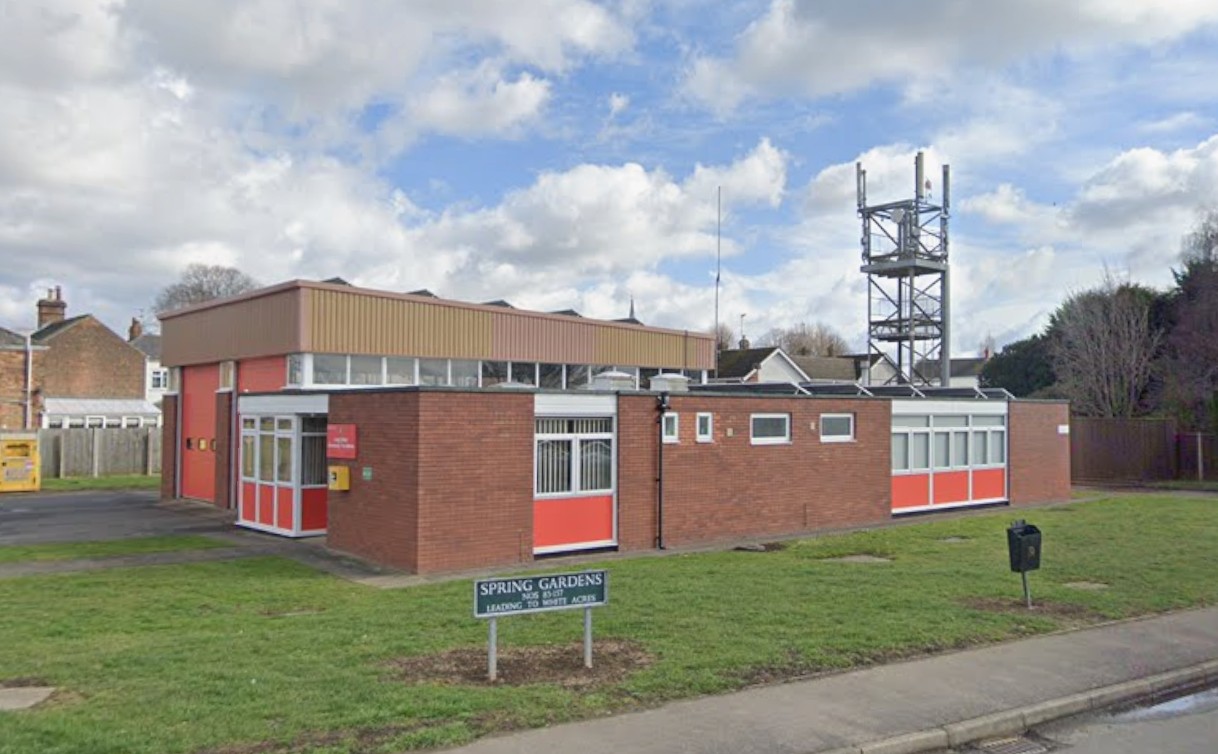Since the release of a new Leptospira L4 vaccine by one of the veterinary vaccine companies there has been increasing discussion about using this vaccine as compared to the original L2 vaccine and discussions about the disease itself.
Leptospirosis is a bacterial disease that primarily causes liver and kidney damage although other organs and brain can also be affected. There are mainly two types of this disease, one that is spread from dog to dog and tends to cause kidney damage.
The prevalence of this type of disease is hard to estimate as often the symptoms are not severe and dogs generally recover although there are some concerns that in some cases this could result in chronic kidney disease.
The other type of disease is spread mainly from rats and causes severe and acute liver damage and can also affect the kidneys (Weil’s Disease). Unless this disease is treated within the first 24 hours of showing symptoms it is very hard to save these poor animals and most will die. To contract this disease requires close contact with rat urine. Generally the Leptospira in rat urine will only survive about ten minutes in the environment although it can last several hours in a warm wet environment. This is the main reason that this disease has been quite rare.
There are many strains of leptospirosis and until recently only two have been present in this country that have been included in the L2 vaccine. There is recent evidence that suggests that there are another three strains of leptospirosis now entering this country from Europe.
Two of these three strains are in the new L4 vaccine. The whole situation is complicated in that there is a level of cross protection between the strains within both vaccines.
There has been an increase in reported cases of the rat-spread leptospirosis. The numbers seem to be quite small and in localised areas.
It is very difficult to know which strain of leptospira has caused these cases and there is no information on how many of these dogs were vaccinated and how many were not although some of them had been vaccinated. At present our area is not seeing this increase.
The new L4 vaccine does have a increased number of adverse reactions as compared to the L2 vaccination but these are generally mild and animals recover quickly.
However some owners are reporting more severe reactions such as fits, autoimmune disease, collapse and even death. These reactions are low in number and are disputed by the vaccine company.
It should be remembered that this disease is easily treated with a single dose of a penicillin-type antibiotic. Total recovery without intensive care can occur if the treatment is given within 24 hours of initial symptoms. However these symptoms are non specific such as vomiting, diarrhoea, mild abdominal pain, slight temperature and depression. (Many dogs with simple gastroenteritis will show similar symptoms.)
Later these cases will develop jaundice and at this point it is very hard to save them.
Due to personal experience, if I see a dog with vomiting and diarrhoea who seems more depressed that I would expect, I will give an antibiotic injection.
These L4 vaccinations are now widely available. At present there is only one manufacturer, there will be others soon and due to an increased demand there are some problems with supply. We offer a choice of both vaccines. The L4 vaccine is a bit more expensive. Any dog presently on the L2 vaccine will need two injections of the L4 vaccine four weeks apart to change over.
For more information, contact the surgery on 01775 766646.
Alder Veterinary Practice, 58 Bourne Road, Spalding, PE11 1JW. Call 01775 766646. Opening hours 8.30am to 6.30pm Monday to Friday, 9am to 10am alternate Saturdays. 24 hour emergency cover.







